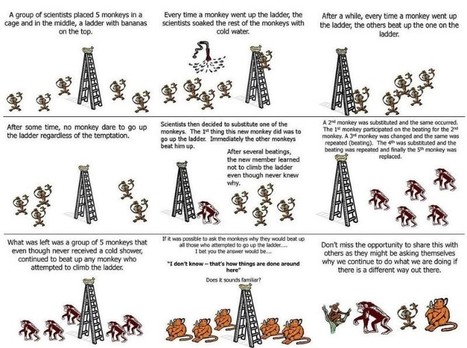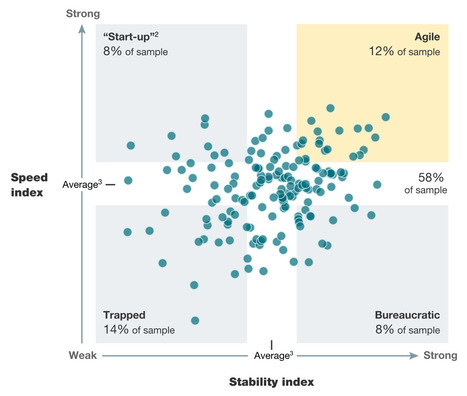We live in an age of increased complexity, velocity and demand for multidisciplinary thinking. So much of what we do today requires the careful balance of both generalists and specialists to make great work happen.
It excites me to see more and more organizations embrace this approach by bringing together people from multitudes of fields and perspectives, enabling a new depth and diversity of visioning and problem solving. Optimally, these multidisciplinary teams are further supported through evolved organizational and management-thinking that favors meritocracy over rigidity. Organizationally, this can be achieved by constructing horizontal networks where there were once more stacked seniority-based hierarchies.
In practice, managing people and teams of this sort requires every bit as much care and rigor as more traditional structures, but the energies are directed differently — there's more attention directed toward supporting relevant possibilities and valuable outcomes than reinforcing structure. The investment is worthwhile, because when it works, the results and cultural implications are magnificent.
Via
The Learning Factor



 Your new post is loading...
Your new post is loading...






















A companies success lies in the vitality of their workforce.
When you equip your employees to think like an entrepreneur, you're giving them the autonomy to look for opportunities and solutions outside the norm.
Kool Design Maker is professional banner ad design and graphics designing products company.